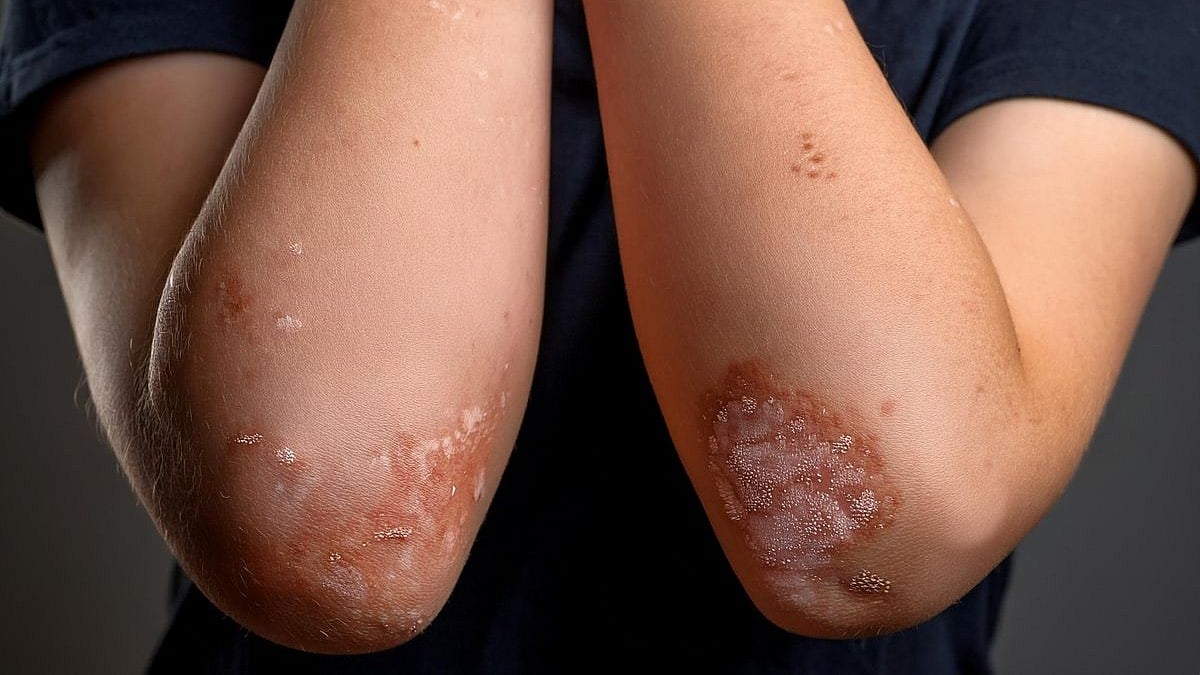Frequent treatment alterations of off-label biologics and nonsteroidal systemic agents observed
By Elana Gotkine HealthDay Reporter
WEDNESDAY, April 16, 2025 (HealthDay News) — Patients with generalized pustular psoriasis (GPP) experience frequent flares, and treatment alterations of off-label agents are frequently observed, according to a study recently published online in the Journal of the American Academy of Dermatology.
Jamie L.W. Rhoads, M.D., from the University of Utah School of Medicine in Salt Lake City, and colleagues characterized patients by GPP flare status, quantified flare timing/frequency, and examined periflare treatment patterns in a cohort study using electronic health records from 2017 to 2023 from outpatient dermatology clinics. Patients were indexed at first GPP diagnosis code.
The researchers found that 404 of the 638 patients (63 percent) experienced one or more flare episodes. The likelihood of experiencing a flare was higher for patients who were female, younger, non-White, and Hispanic/Latino; those who had infectious/parasitic disease history; and those with more active GPP. The mean annualized flare rate was 0.91 flares per patient per year; between flares, there was a mean of 5.9 months. There was an increase seen in prescriptions from the preflare period to flare episode, followed by a decrease during the postflare period. There were frequent treatment alterations of off-label biologics and nonsteroidal systemic agents.
“Treatment strategy for GPP flares is not standardized, and the course of medication in periflare time periods was often altered,” the authors write. “High discontinuation and switching rates among biologic users suggest the need for more effective long-term GPP treatments.”
Several authors disclosed ties to the pharmaceutical industry.
Copyright © 2025 HealthDay. All rights reserved.






